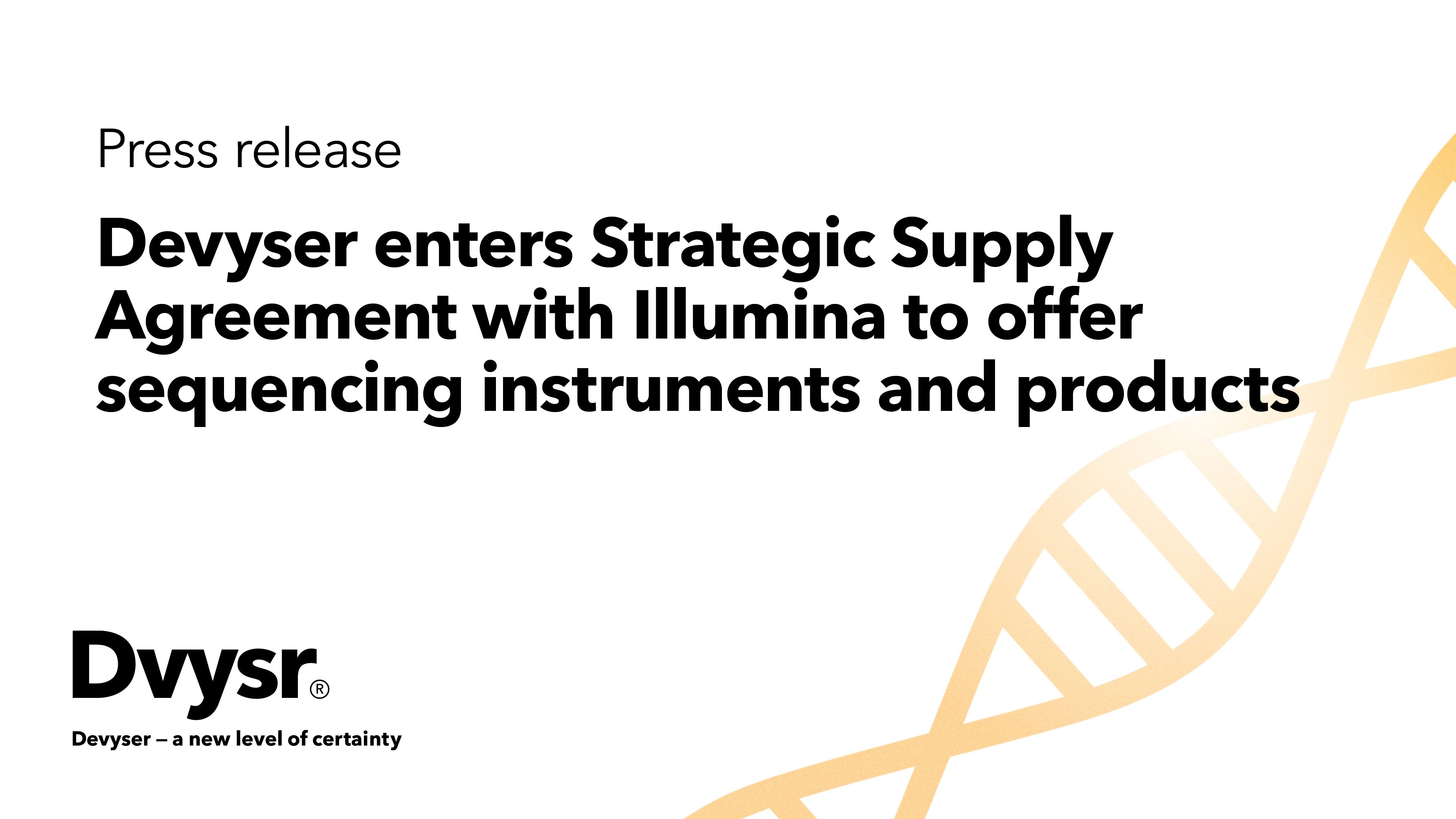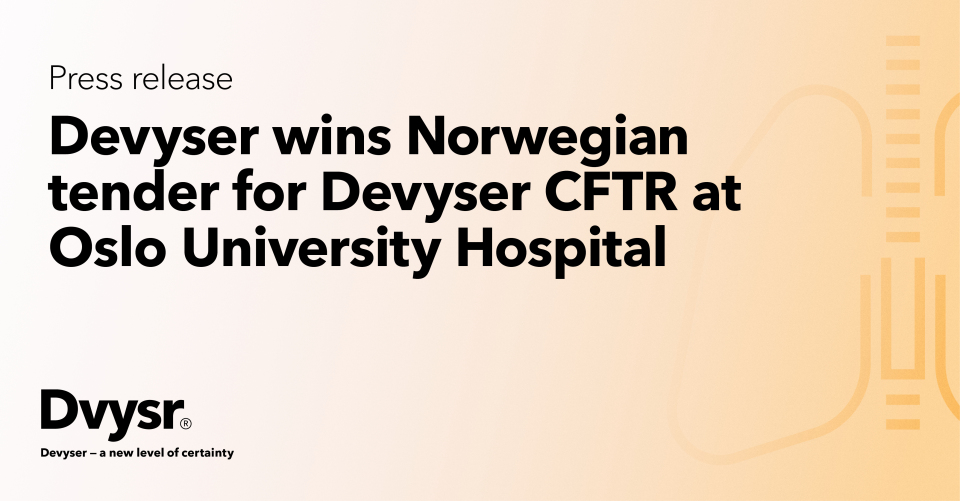Devyser acquires Swedish company Cybergene AB and strengthens its position in the aneuploidy market
Devyser Diagnostics AB (publ), a Swedish molecular diagnostics company, today announces that it has...
Fetal RHD screening NIPT

Fetal RHD screening NIPT | January 17, 2024
Over the past decade, there has been a wealth of research investigating the ideal approach to RHD genotyping, to determine RhD incompatibility between mother and fetus, which is one of the main causes of hemolytic disease in newborns. If incompatibility is discovered, anti-D prophylaxis can be administered. Genotyping helps avoid providing unnecessary anti-D prophylaxis treatment in RhD-negative mothers with RhD-negative fetuses.
Back in 2012, a study examining the feasibility, sensitivity, and specificity of a single-exon assay for fetal RHD screening was performed by researchers at Karolinska Institute, in Stockholm, Sweden1. Single-exon assays allow for greater clinical utility due to greater practicality in routine laboratory use and generating fewer inconclusive results. The study results showed that using a single-exon assay in early pregnancy was feasible and produced accurate results. Evidence from studies like the 2012 publication helped drive the design and development of Devyser RHD, a single-exon assay for non-invasive screening for fetal RHD, capable of detecting fetal RHD status from gestation week 10. A 10-year follow-up study was published in 20222. The study included the analysis of 4337 pregnancies, further confirming a high sensitivity and specificity of 99.93% and 99.56%.
In November 2023, a new study by Sahlgrenska University Hospital, Gothenburg came out, validating the use of Devyser RHD in a high throughput setting, utilising automated DNA extraction and novel IT infrastructure to optimise lab workflow3. By limiting manual data processing the study aimed to validate an automated laboratory workflow in order to achieve greater patient safety. The study also sought to investigate the impact of pre-analytical factors on the accuracy of the assay, such as using fresh samples stored at room temperature and long-term storage of frozen plasma samples.
The study concluded that Devyser RHD provided high sensitivity (99.37%, 95% CI: 96.52–99.98%) despite a relatively small sample size (n=250), and stability in the high throughput workflow. Based on the results the assay would have helped 37% of the women tested avoid unnecessary anti-D prophylaxis. The assay showed that it could provide accurate results from both fresh samples kept at room temperature for up to 7 days before DNA extraction, and up to 13 months for prolonged storage at -80˚ C. The workflow shown in this study was implemented in routine clinical practice and has analyzed around 5,300 samples. A follow-up analysis of the clinical use of the assay from 2,300 samples demonstrated even higher sensitivity at 99.99%.
The 2023 study serves as a follow-up to the promise of single-exon RHD screening shown in the 2012 paper. The paper confirms that Devyser RHD can be effectively incorporated into a high-throughput laboratory workflow without sacrificing performance. Samples can be tested despite extended periods in room temperature or frozen storage. By helping avoid unnecessary anti-D prophylaxis treatment, Devyser RHD could aid in reducing care costs and helping prevent exposing pregnant mothers to additional risk.
To read the open-access article, click here.

Devyser Diagnostics AB (publ), a Swedish molecular diagnostics company, today announces that it has...
Read More

Devyser today announced that it entered a strategic agreement with Illumina, a global leader in DNA...
Read More

Devyser is proud to announce that the company has been awarded a tender by Oslo University Hospital...
Read More

Devyser, a leading provider of advanced genetic testing solutions, has been awarded a new tender in...
Read More